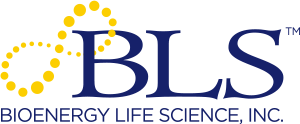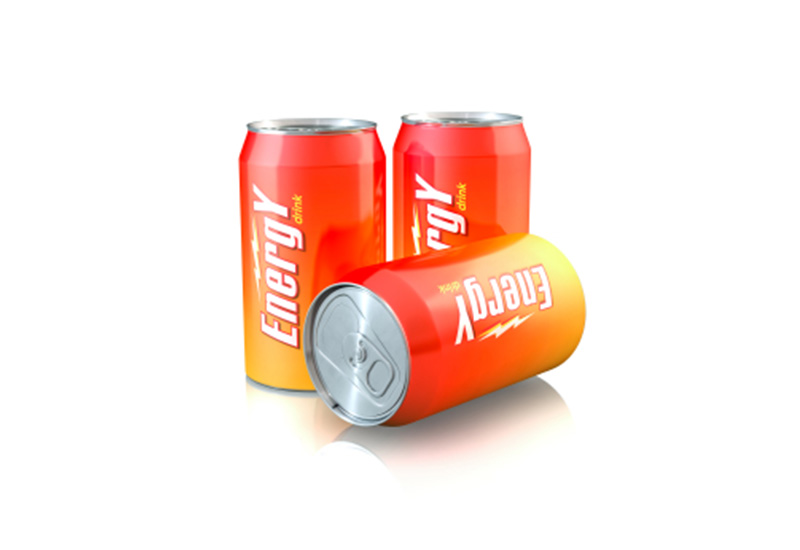Are you one of those people who just can’t function until they’ve had their morning cup of coffee? Join the crowd! About 90 percent of Americans consume caffeine daily. In addition to coffee, tea or cola, energy drinks made with caffeine are growing in popularity. So it may surprise you to learn that caffeine does not produce energy. It acts as a stimulant. Here’s why combining ribose and reasonable doses of caffeine may be a logical synergy.
Caffeine stimulates the brain’s cortex, stimulating the body’s ‘fight or flight’ stress response and increasing adrenaline levels. This causes us to temporarily feel more alert, less drowsy and in a better mood. (Who hasn’t known someone who spurns conversation until they’ve finished their first cup of coffee?)
But when caffeine’s effects begin to diminish and those levels of adrenaline decrease (the half-life for caffeine in healthy adults is about five hours), we may start to feel fatigued and possibly even a little depressed. Some of us may try to counteract these feelings by reaching for more caffeine. Consuming too much caffeine may lead to sleep disorders, increased heart rate, as well as feelings of nervousness, headaches, occasional lightheadedness, and the “jitters.” In some cases, it can even exacerbate stress.
This is why Bioenergy Ribose may be an ideal complement to caffeine, and offer a real advantage when included in energy drinks. Ribose enhances ATP recovery following stress without significant adverse effects. It also enhances muscle performance and increases tolerance to stress. Studies have also found that ribose may enhance sleep quality and duration, and may improve vitality, social outlook and mental awareness.
It makes sense that beverage formulas featuring both ingredients should produce the combined benefits of ribose and caffeine, while ribose also helps to mitigate some of caffeine’s less desirable effects. The result may be energy products that give us that boost we crave plus enhanced sports performance, and that are better at reducing the energy drain and other unwanted effects we might feel as the result of a caffeine “crash.”





